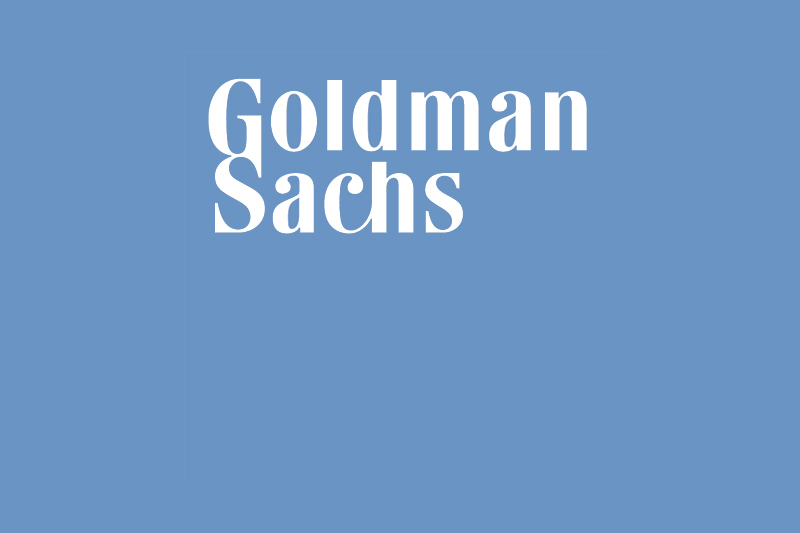Oil prices rebound sharply on smaller-than-feared OPEC+ output hike
Investing.com - Easing in U.S. core services inflation has been "only limited" over the last year, casting doubt over whether a key overall indicator of prices is still on track to return to the Federal Reserve’s 2% target level, according to analysts at Goldman Sachs.
In a note to clients, the bank flagged that the measure of underlying services price growth, despite ostensibly being less exposed to the impact of sweeping U.S. tariffs than imported goods, has slowed slightly to 3.5% -- "meaningfully above" the 2.75% pace notched when the overall core personal consumption expenditures price index was last at 2% before the COVID-19 pandemic.
Stripping out volatile items like food and fuel, core PCE is closely monitored by Fed officials, who are partly tasked with using monetary policy to help maintain price stability.
"At the category level, inflation in housing and labor-intensive sectors has slowed, but the decline has been largely offset by somewhat firmer healthcare, transportation services, and financial services inflation," the Goldman analysts flagged.
Taken together, they forecast that PCE core services inflation will slow to 3.2% year-over-year by December and 3.0% by July 2026.
The comments come ahead of a bevy of fresh inflation data due out later this week. The Bureau of Labor Statistics’ consumer price index -- a separate metric to the Commerce Department’s PCE figure -- is tipped to accelerate to 2.9% in the twelve months to August from 2.7% in July.
Growth in producer prices, meanwhile, is projected to come in at 3.3% on an annualized basis, matching the prior month.
The estimates suggest that the Fed, which also calibrates policy to ensure maximum employment, faces strains to both pillars of its mandate. The central bank is set to unveil its latest interest rate decision at a gathering next week, with markets widely anticipating that policymakers will cut borrowing costs to support a cooling labor market -- even as such a move could risk pushing up inflation.
